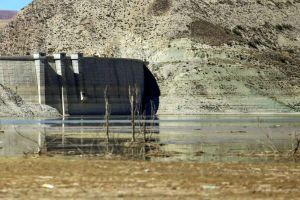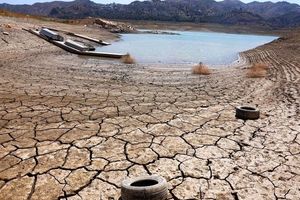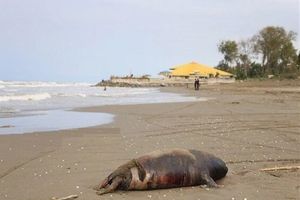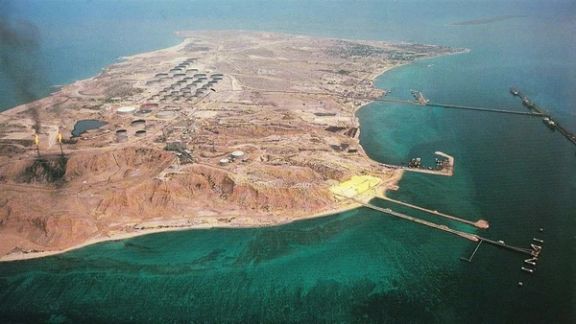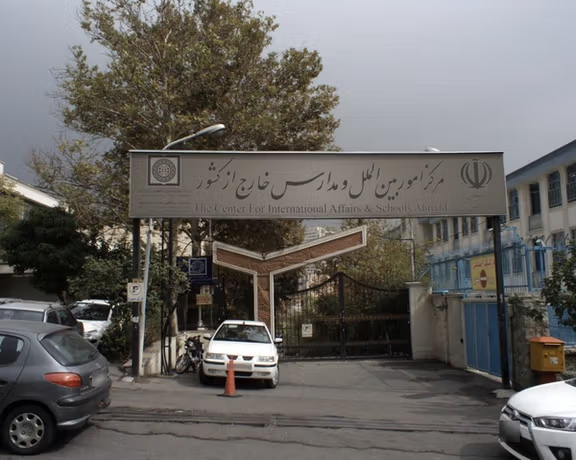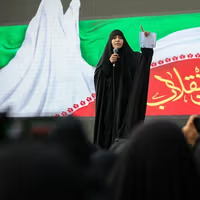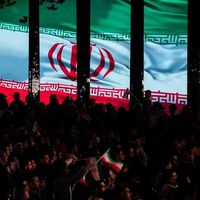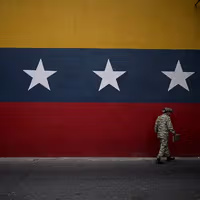Prime Minister Anthony Albanese announced in August that the government would legislate to list the Islamic Revolutionary Guard Corps as a terrorist organization.
The IRGC has long been sanctioned by the United States, citing its support for armed groups like Hamas and Hezbollah across the Middle East and repression at home.
The legislation to enable the listing was introduced to parliament on Wednesday by Attorney-General Michelle Rowland.
The move follows similar steps by the United States, which listed the IRGC in 2019, and Canada, which designated the force in 2023.
Following these listings, many ordinary Iranians who were not members of the force but were conscripted into the IRGC faced obstacles with visa applications, including tourist and student renewals, and residency permits, leading rights groups and the Iranian diaspora community in Australia to wonder about the new move's scope.
Iran International reached out to Australian authorities to ask whether the legislation would distinguish between IRGC members and conscripts and how it might affect visa or immigration applications.
"The Australian Government is committed to ensuring our new legislation to amend the Criminal Code to allow the listing of state entities as terrorist organizations is targeted and appropriate," the spokesperson at the Attorney-General’s Department told Iran International.
Australia’s Home Affairs Department, which is responsible for immigration and border security, said all non-citizens must meet character requirements under section 501 of the Migration Act.
“The Department of Home Affairs works with law enforcement and intelligence partners to cancel or refuse visas of non-citizens who are a risk to Australia’s national security,” a spokesperson said. “All visa applications are assessed on a case by case basis and all criteria must be satisfied before a visa can be granted.”
'Character test'
A person can fail the character test for several reasons, the spokesperson added, including “where a non-citizen has a substantial criminal record, is suspected of associating with, or being a member of, a group involved in criminal conduct, or where the individual may have been assessed as a risk to Australia’s national security.”
“The new framework within the Criminal Code will target state sponsors of terrorism by criminalizing certain interactions with or by the listed entity, criminalizing support for the listed entity, and hardening the Australian environment against the activities of listed entities,” the spokesperson added.
Senator Claire Chandler, who has long advocated tougher measures against the IRGC, asked about the legislation's impact on conscripts, said the opposition would back the government’s plan but scrutinize it to avoid unintended consequences.
“We will be supporting the change and will examine the legislation closely to make sure it is focused on genuine security risks and does not result in unintended harm to individuals caught up in the designation,” the Tasmania lawmaker from the opposition Liberal Party told Iran International.
Iranian activists in Canada who had advocated for designating the IRGC said they were assured by Canada's government the listing would avoid harming former conscripts, however, many soon faced immigration issues after being branded IRGC members.










